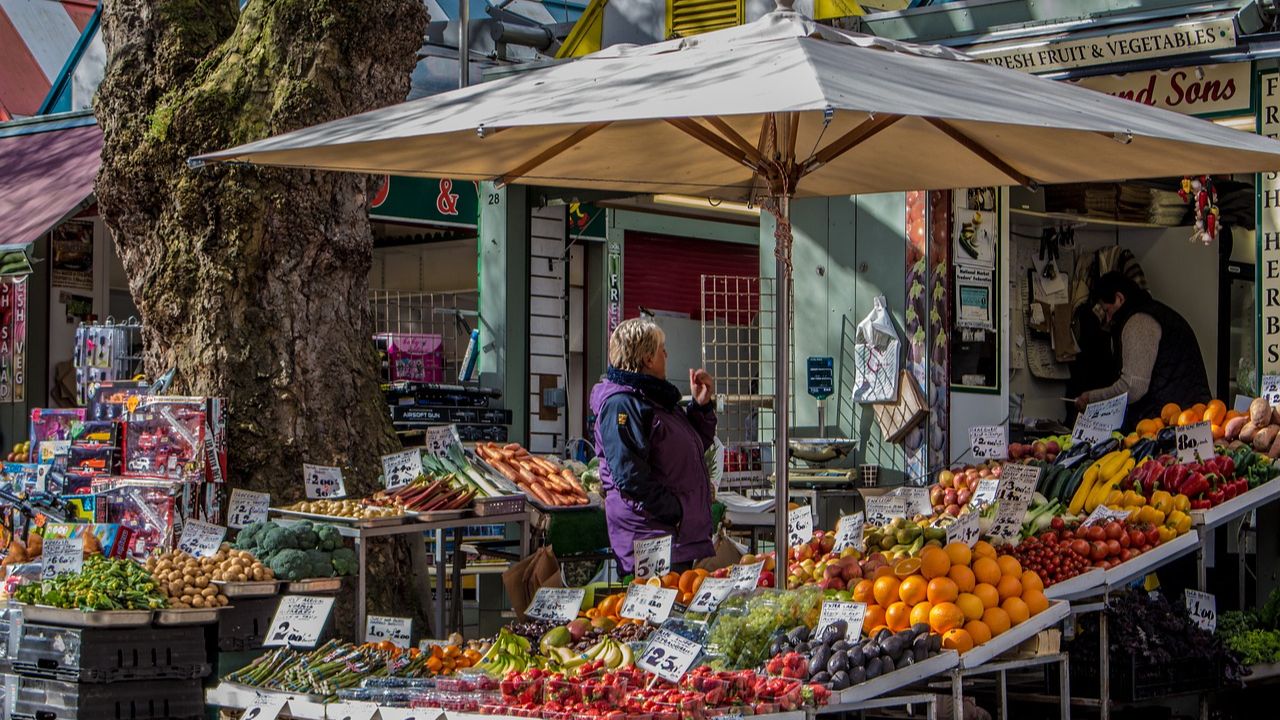Understanding the EWG's Dirty Dozen List 2024

In the realm of healthy eating, understanding which fruits and vegetables harbor the highest levels of pesticides is paramount. Every year, the Environmental Working Group (EWG) releases a report called the Dirty Dozen, identifying the twelve produce items in number order of most contaminated with pesticide residues. Let's explore why it's crucial to limit consumption of these foods and how you can make smarter choices for your health.
The Dirty Dozen 2024:
- Strawberries
- Spinach
- Kale, Collard & Mustard Greens
- Grapes
- Peaches
- Pears
- Nectarines
- Apples
- Bell & hot Peppers
- Cherries
- Blueberries
- Green Beans
Why Limit Foods from the Dirty Dozen?
Pesticides, while effective at protecting crops from pests, can pose risks to human health when ingested. Research has linked pesticide exposure to various health issues, including cancer, hormone disruption, and neurological problems. Vulnerable populations such as children and pregnant women are particularly at risk. By choosing organic options or avoiding produce from the Dirty Dozen list, you can reduce your exposure to harmful chemicals and safeguard your well-being.
Making Informed Choices:
While organic produce is ideal, it may not always be accessible or budget-friendly. By familiarizing yourself with the Dirty Dozen list, you can prioritize purchasing organic options for the most pesticide-laden fruits and vegetables. Additionally, thoroughly washing produce can help reduce pesticide residues, although it may not eliminate them entirely.
Conclusion:
Being mindful of pesticide exposure is essential for maintaining optimal health. By referring to the EWG's Dirty Dozen list, you can make informed decisions about which produce to prioritize when shopping. Whether you opt for organic or conventional options, prioritizing a diet rich in fruits and vegetables is vital for overall well-being.
